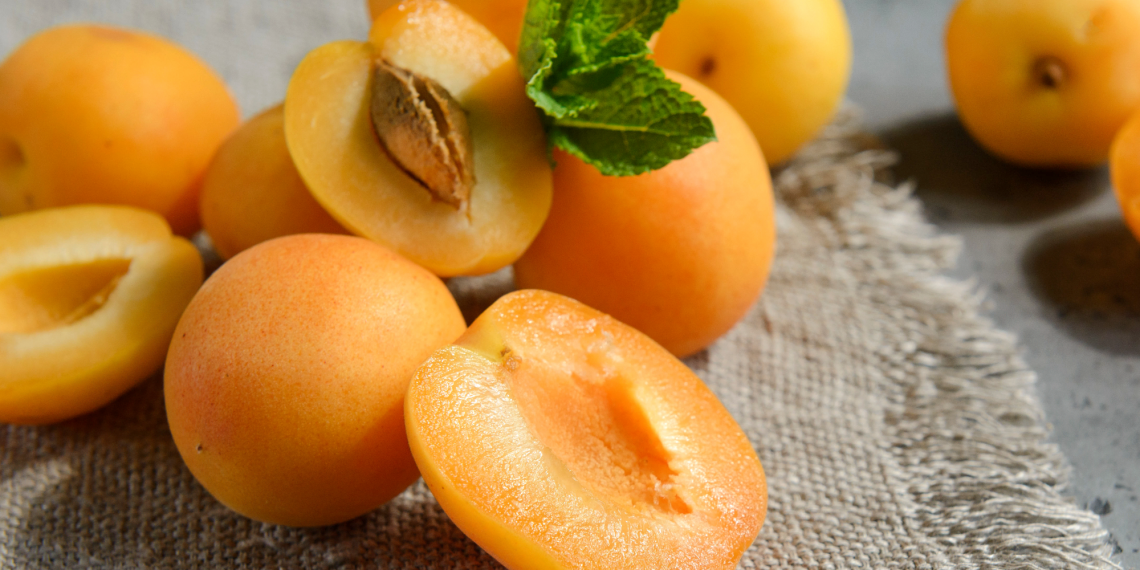
Apricots,facts
Raw apricots
- Apricots are known for over 4000 years and arrived in Europe via Armenia, which is why the scientific name is "Prunus armenaica" and are also known as Armenian plums.
- Apricots are a member of the stone fruit family and are related to plums, peaches, cherries, and almonds.
- Apricots trees are resistant to extremely cold temperatures and have an average lifespan of 20 years.
- There are many varieties of apricots that vary slightly in size, color, and taste.
- Apricots are an excellent source of potassium and vitamins A, C, and E.
- Apricots are a good source of soluble fiber, which is beneficial for the digestive health.
- Apricots are a source of the antioxidants beta carotene, lutein, and zeaxanthin.
- Fresh, whole apricots offer the most nutrients, as the skin contains large amounts of fiber and nutrients.
- Apricots should be washed well before use as they might be pesticide-contaminated.
- Apricot food allergies are rare.
- Apricot seeds contain a toxic chemical known as amygdalin which consumed in large amounts can cause cyanide poisoning.
- Apricots should be stored at room temperature until ripe.
- Ripe apricots may last a few days at room temperature and up to three weeks in the refrigerator.


 Bulgarian
Bulgarian